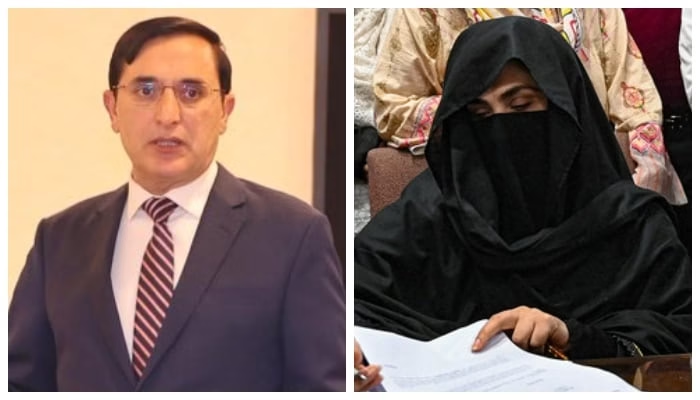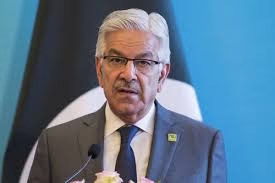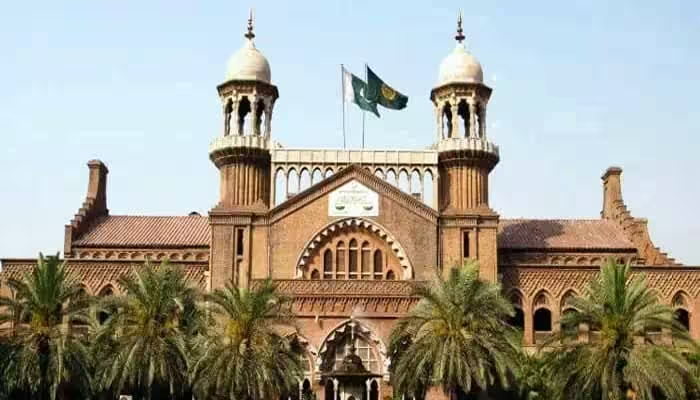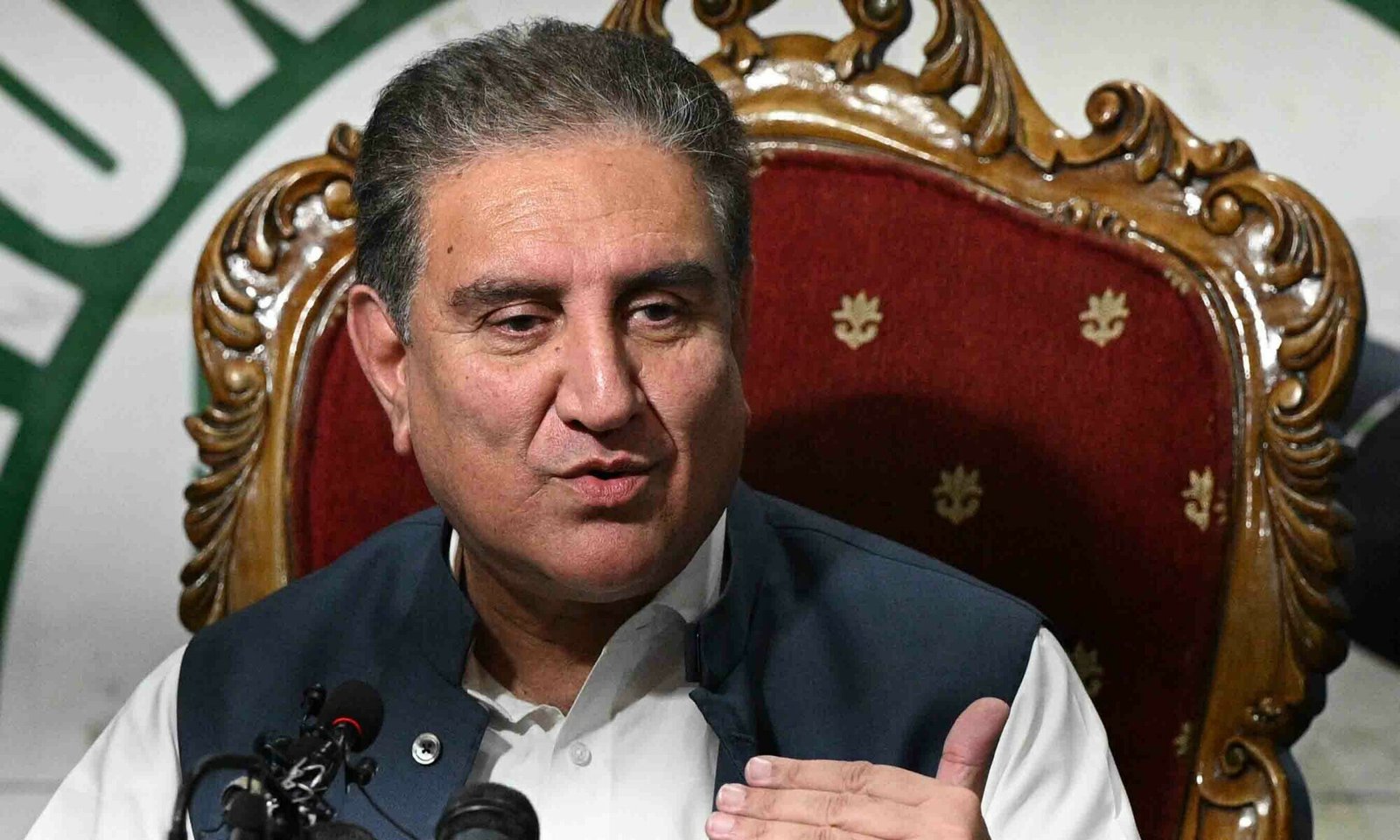The Bushra Bibi controversy intensified on Saturday after Pakistan Tehreek-e-Insaf (PTI) Chairman Barrister Gohar Khan announced that the party will pursue legal action against a British media report published by The Economist. The report revived long-standing allegations about former first lady Bushra Bibi’s political influence during Imran Khan’s tenure as prime minister, triggering renewed debate nationwide. According to Barrister Gohar, the publication’s claims are “provocative, baseless, and deliberately aimed at defaming” both the PTI founder and his spouse.
PTI Rejects Allegations, Calls Report ‘Fabricated’
Speaking to Geo News, Barrister Gohar strongly criticized the article, saying the Bushra Bibi controversy has been repeatedly fuelled by false accusations over the years. He pointed out that similar allegations, such as those related to Iddat, were previously proven wrong in court. He said the timing of the report—while Bushra Bibi remains in jail—was particularly questionable and meant to “break her spirit,” though he insisted she remained resilient.
The Economist article revisited a series of claims about Bushra Bibi’s spiritual role, her relationship with Khan, and the influence she allegedly wielded over political decisions and official appointments. These claims have been dismissed for years by PTI leaders, who say they are part of a broader political campaign against the former first lady. According to Barrister Gohar, the Bushra Bibi controversy has been weaponised repeatedly, and the new report is yet another attempt to discredit the PTI founder ahead of crucial political developments.
PTI Leaders Say She Is Target of an Organized Campaign
Separately, Barrister Mohammad Ali Saif echoed similar concerns, calling the allegations part of a “deliberate and organised campaign” designed to damage Bushra Bibi’s reputation. He noted that despite her “unlawful imprisonment,” she continues to show “remarkable patience and determination.” Saif argued that the Bushra Bibi controversy is politically motivated, aimed at weakening both Imran Khan and the PTI at a critical moment in Pakistan’s political landscape.
PTI leaders claim the accusations are intended to secure advantage over the party by attacking the personal lives of its leaders. They maintain that none of the allegations—whether about political interference, spiritual influence, or corruption—have been proven, and they accuse their rivals of exploiting personal narratives for political gain.
PML-N Leaders Hit Back, Repeat Long-Standing Allegations
In response, PML-N leaders Attaullah Tarar and Talal Chaudhry defended The Economist’s reporting, arguing that the concerns highlighted in the article reflected what they described as a pattern during Khan’s government. Tarar accused the PTI founder of hiding political decisions behind a veil of spirituality and alleged that major economic and administrative choices were influenced by Bushra Bibi.
The information minister also reminded the public that the PTI had a history of levelling accusations against rivals—claims he said were now being challenged internationally. Tarar argued that the Bushra Bibi controversy is not new and has been substantiated by accounts from senior officials who served during the PTI government.
Minister of State for Interior Talal Chaudhry went even further, alleging that Bushra Bibi was directly involved in “controlling” key government decisions and using spiritual practices to influence outcomes. He referenced the commonly discussed “Gogi–Pinky nexus,” connecting Bushra Bibi and her close friend Farah Shahzadi. According to Chaudhry, this network was tied to financial irregularities and personal gains, including matters related to the former prime minister’s residence and the £190 million settlement case.
What The Economist Report Says
The report at the heart of the Bushra Bibi controversy includes testimonies from family members, former household staff, and political associates. It recounts claims made by Bushra Bibi’s former husband about concerns over her spiritual consultations with Imran Khan, details of her divorce, and their eventual marriage in 2018. It also highlights allegations—denied repeatedly by PTI that she engaged in black magic or used spiritual advisers to influence political decisions.
Some former cabinet members quoted in the report claim she attended or influenced high-level discussions, while others said intelligence officials allegedly channelled information to Khan through her pirs. The Economist also notes that with both Khan and Bushra Bibi imprisoned on corruption charges, PTI insiders remain divided about her influence on Khan’s decisions regarding potential political negotiations.
As the Bushra Bibi controversy resurfaces with renewed intensity, PTI insists the allegations are politically motivated and based on fabrications, while critics argue they highlight deep problems within the former administration. With Barrister Gohar announcing formal legal action against the British publication, the debate is far from over. What remains clear is that Bushra Bibi’s role real or perceived continues to shape political narratives in Pakistan, influencing both public opinion and internal party dynamics.



